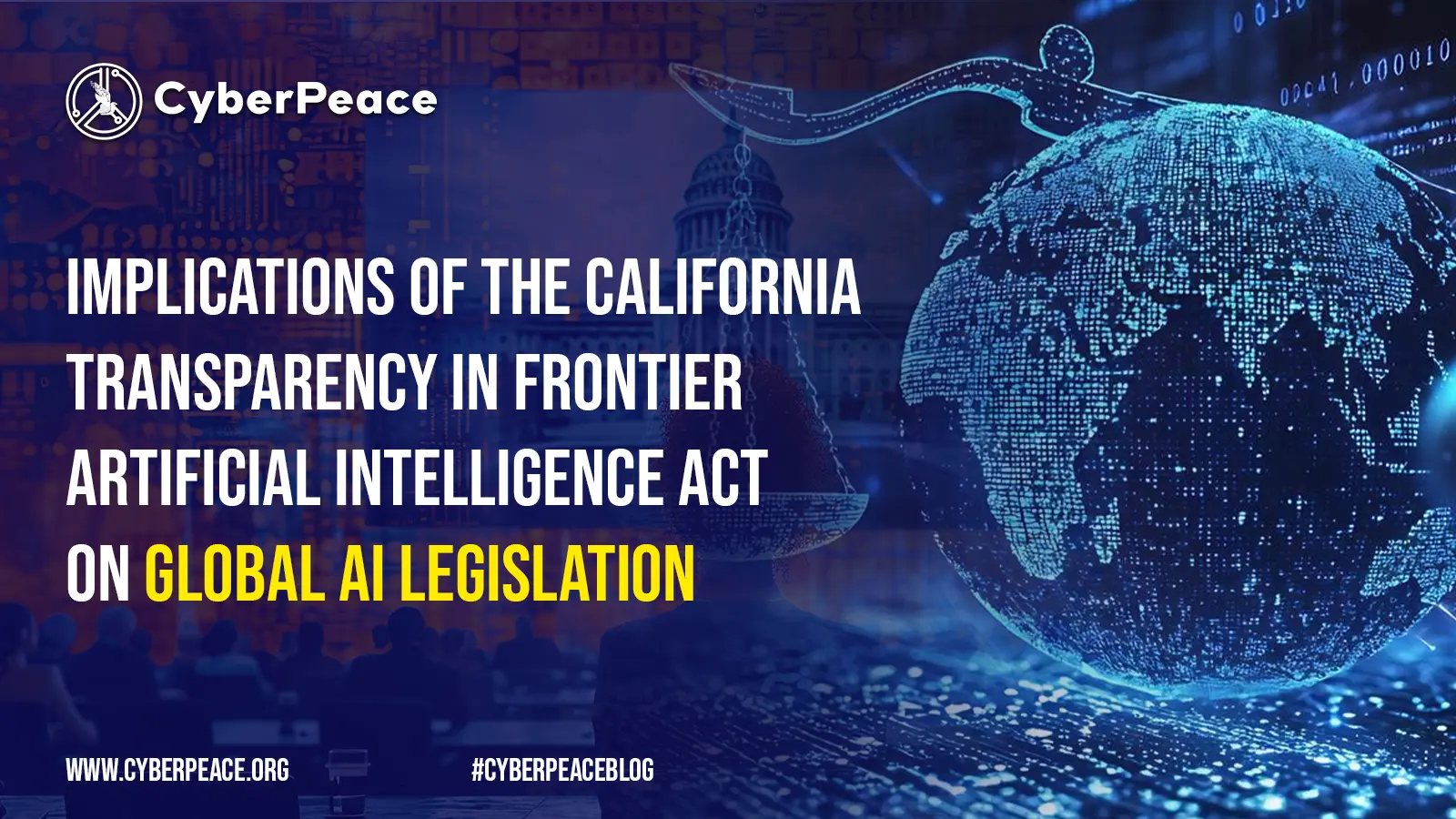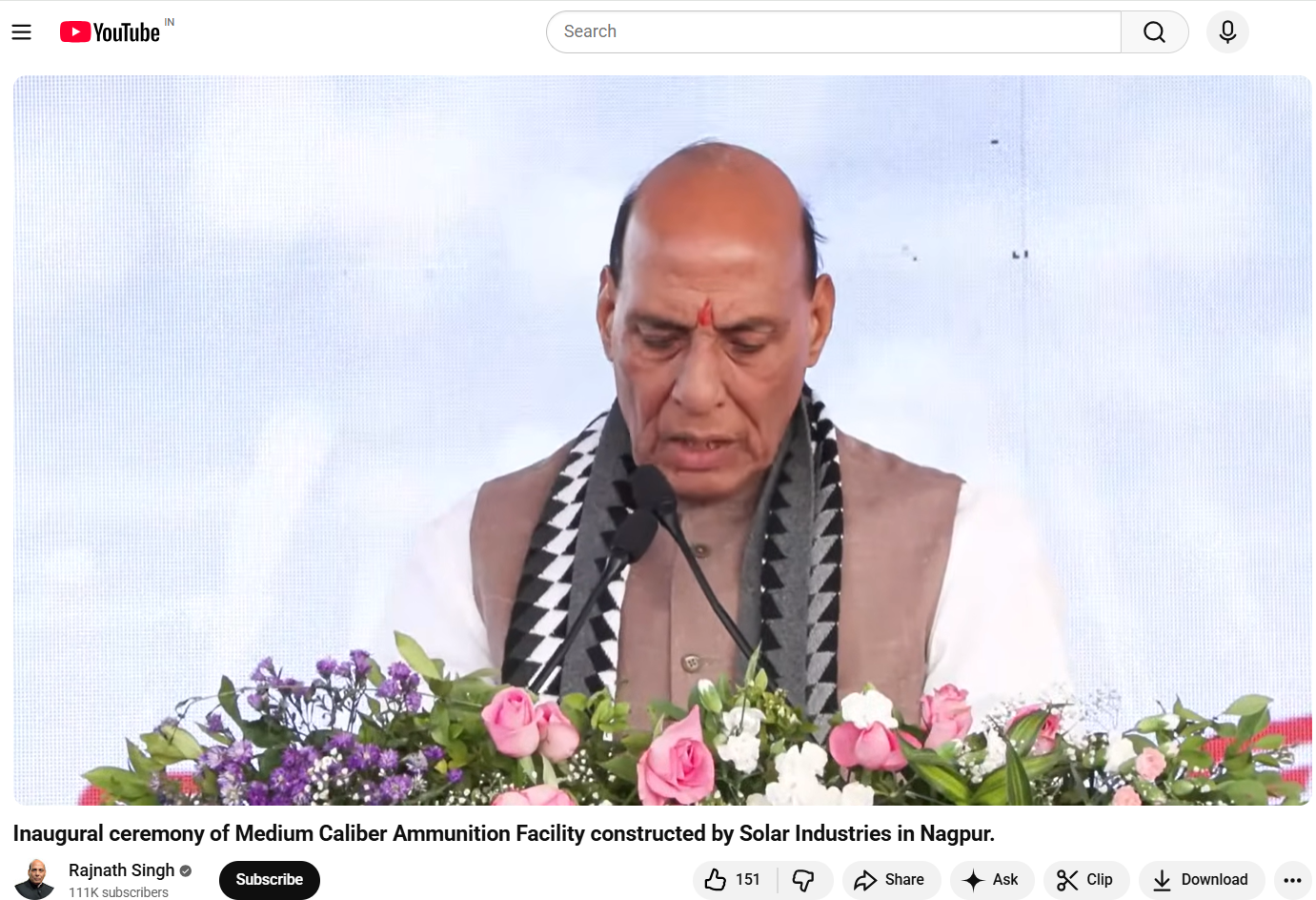Digitally Altered Photo of Rowan Atkinson Circulates on Social Media
Executive Summary:
A photo claiming that Mr. Rowan Atkinson, the famous actor who played the role of Mr. Bean, lying sick on bed is circulating on social media. However, this claim is false. The image is a digitally altered picture of Mr.Barry Balderstone from Bollington, England, who died in October 2019 from advanced Parkinson’s disease. Reverse image searches and media news reports confirm that the original photo is of Barry, not Rowan Atkinson. Furthermore, there are no reports of Atkinson being ill; he was recently seen attending the 2024 British Grand Prix. Thus, the viral claim is baseless and misleading.

Claims:
A viral photo of Rowan Atkinson aka Mr. Bean, lying on a bed in sick condition.



Fact Check:
When we received the posts, we first did some keyword search based on the claim made, but no such posts were found to support the claim made.Though, we found an interview video where it was seen Mr. Bean attending F1 Race on July 7, 2024.

Then we reverse searched the viral image and found a news report that looked similar to the viral photo of Mr. Bean, the T-Shirt seems to be similar in both the images.

The man in this photo is Barry Balderstone who was a civil engineer from Bollington, England, died in October 2019 due to advanced Parkinson’s disease. Barry received many illnesses according to the news report and his application for extensive healthcare reimbursement was rejected by the East Cheshire Clinical Commissioning Group.
Taking a cue from this, we then analyzed the image in an AI Image detection tool named, TrueMedia. The detection tool found the image to be AI manipulated. The original image is manipulated by replacing the face with Rowan Atkinson aka Mr. Bean.



Hence, it is clear that the viral claimed image of Rowan Atkinson bedridden is fake and misleading. Netizens should verify before sharing anything on the internet.
Conclusion:
Therefore, it can be summarized that the photo claiming Rowan Atkinson in a sick state is fake and has been manipulated with another man’s image. The original photo features Barry Balderstone, the man who was diagnosed with stage 4 Parkinson’s disease and subsequently died in 2019. In fact, Rowan Atkinson seemed perfectly healthy recently at the 2024 British Grand Prix. It is important for people to check on the authenticity before sharing so as to avoid the spreading of misinformation.
- Claim: A Viral photo of Rowan Atkinson aka Mr. Bean, lying on a bed in a sick condition.
- Claimed on: X, Facebook
- Fact Check: Fake & Misleading
Related Blogs

Introduction
Due to the rapid growth of high-capability AI systems around the world, growing concerns regarding safety, accountability, and governance have arisen throughout the world; thus, California has responded by passing the Transparency in Frontier Artificial Intelligence Act (TFAIA), the first state statute focused on "frontier" (highly capable) AI models. This statute is unique in that it does not only target harms caused by AI models in the form of consumer protection as compared to the majority of state statutes; rather, this statute addresses the catastrophic and systemic risks to society associated with large-scale AI systems. As California is a global technology leader, the TFAIA is positioned to have a significant impact on both domestic regulation and the evolution of international legal frameworks for AI technology (and as such has the potential to influence corporate compliance practices and the establishment of global norms related to the use of AI).
Understanding the Transparency in Frontier Artificial Intelligence Act
The Transparency in Frontier Artificial Intelligence Act provides a specific regulatory process for companies that create sophisticated AI systems with societal, economic, or national security implications. Covered developers are required to publish an extensive safety and transparency policy that details how they navigate risk throughout the artificial intelligence lifecycle. The act requires developers to notify the government of any significant incidents or failures with their deployed frontier models on a timely basis.
A significant aspect of the TFAIA is that it establishes the concept of "process transparency", which does not explicitly control how AI developers create their models, but rather holds them accountable for their internal safety governance by mandating that they develop Documented safety frameworks that outline risk assessment, mitigation, and monitoring processes. The act allows developers to protect their trade secrets, patents, and national defense concerns by providing them with limited opportunities for exemption and/or redaction of their documents so that they can maintain a balance between data openness and safeguarding sensitive information..
Extraterritorial Impact on Global AI Developers
While the Act is a state law, its implementation has far-reaching effects. Many of the largest AI companies have facilities, research labs or customers in California. Therefore, to be compliant with the TFAIA, these companies are required to do so commercially. The ability to develop a unified compliance model across regions enables companies to avoid developing duplicate compliance models.
This same pattern has occurred in other regulatory areas, like data protection regulations; where a region's regulations effectively became global compliance benchmarks for that regulatory area. The TFAIA could similarly serve as a global standard for transparency in frontier AI and shape how companies build their governance structure globally even if they don't have explicit regulations in the regions where they operate.
Influence on International AI Regulatory Models
The TFAIA offers a unique perspective on global discussions about regulating AI. In contrast to other legislation which defines different levels of risk depending on the type of AI, the TFAIA targets specifically high-impact or emerging technologies. Other nations may see value in this model of tiered regulations based on capability and apply it for their own regulation of AI, with the strictest obligations placed on those with the most critical potential harm.
The TFAIA may serve as a guide for international public policy makers by showing how they can reference existing standards and best practices in developing regulations, thus improving interoperability and potentially lessening regulatory barriers to cross-border AI innovations.
Corporate Governance, Compliance Costs, and Competition
From an industry perspective, the Act revolutionizes the way companies govern themselves. Developers are now required to create thorough risk assessments, red-teaming exercises, incident response protocols, and have board oversight for AI safety and regulation. The number of people involved in this process increases accountability but at the same time the increases will create a burden of cost for all involved.
The burden of compliance will be easier for large tech companies than for smaller or start-ups, and thus large tech companies may solidify their position of dominance over the development of frontier AI. Smaller and newer developers may be blocked from entering the market unless some form of proportional or scaled compliance mechanism for where they operate emerges. These developments certainly raise issues surrounding innovation policy and competition law at a global scale that will need to be addressed by regulators in conjunction with AI safety concerns.
Transparency, Public Trust, and Accountability
The TFAIA bolsters the capability of citizens, researchers and journalists to oversee the development and the use of artificial intelligence (AI) through its requirement for public disclosure of the safety framework of AI systems. The disclosures will allow citizens, researchers and journalists to critically evaluate corporate claims of responsible AI development. Over time, this evaluation could increase trust in publically regulated AI systems and would expose businesses that exhibit a poor risk management process.
However, how useful this transparency is depends on the quality and comparability of the information being disclosed. Many current disclosures are either too vague or too complex, thus limiting the ability to conduct meaningful oversight. There should be a push for clearer guidance and/or the establishment of standardised disclosure forms for the purposes of public accountability (i.e., citizens) and uniformity between countries.
Conclusion
The Transparency in Frontier Artificial Intelligence Act is a transformative development in the regulation of Artificial Intelligence Technology, specifically, a whole new risk profile of this new generation of AI / (Advanced High-Powered) Technologies such as Autonomous Vehicles. This new California law will create global impact because it Be will change how technology companies operate, create regulatory frameworks and develop standards to govern/oversee the use of Autonomous Vehicles. The Act creates a “transparent” means for regulating (or governing) Autonomous Vehicles as opposed to relying solely on “technical” means for these systems. As other regions experience similar challenges that US Government is facing with respect to this new generation of AI (written laws), California's approach will likely be used as an example for how AI laws are written in the future and develop a more unified and responsible international AI regulatory framework.
References
- https://www.whitecase.com/insight-alert/california-enacts-landmark-ai-transparency-law-transparency-frontier-artificial
- https://www.gov.ca.gov/2025/09/29/governor-newsom-signs-sb-53-advancing-californias-world-leading-artificial-intelligence-industry/
- https://www.mofo.com/resources/insights/251001-california-enacts-ai-safety-transparency-regulation-tfaia-sb-53
- https://www.dlapiper.com/en/insights/publications/2025/10/california-law-mandates-increased-developer-transparency-for-large-ai-models

Introduction
In a major policy shift aimed at synchronizing India's fight against cyber-enabled financial crimes, the government has taken a landmark step by bringing the Indian Cyber Crime Coordination Centre (I4C) under the ambit of the Prevention of Money Laundering Act (PMLA). In the notification released in the official gazette on 25th April, 2025, the Department of Revenue, Ministry of Finance, included the Indian Cyber Crime Coordination Centre (I4C) under Section 66 of the Prevention of Money Laundering Act, 2002 (hereinafter referred to as “PMLA”). The step comes as a significant attempt to resolve the asynchronous approach of different agencies (Enforcement Directorate (ED), State Police, CBI, CERT-In, RBI) set up under the government responsible for preventing and often possessing key information regarding cyber crimes and financial crimes. As it is correctly put, "When criminals sprint and the administration strolls, the finish line is lost.”
The gazetted notification dated 25th April, 2025, read as follows:
“In exercise of the powers conferred by clause (ii) of sub-section (1) of section 66 of the Prevention of Money-laundering Act, 2002 (15 of 2003), the Central Government, on being satisfied that it is necessary in the public interest to do so, hereby makes the following further amendment in the notification of the Government of India, in the Ministry of Finance, Department of Revenue, published in the Gazette of India, Extraordinary, Part II, section 3, sub-section (i) vide number G.S.R. 381(E), dated the 27th June, 2006, namely:- In the said notification, after serial number (26) and the entry relating thereto, the following serial number and entry shall be inserted, namely:— “(27) Indian Cyber Crime Coordination Centre (I4C).”.
Outrunning Crime: Strengthening Enforcement through Rapid Coordination
The usage of cyberspace to commit sophisticated financial crimes and white-collar crimes is a one criminal parallel passover that no one was looking forward to. The disenchanted reality of today’s world is that the internet is used for as much bad as it is for good. The internet has now entered the financial domain, facilitating various financial crimes. Money laundering is a financial crime that includes all processes or activities that are in connection with the concealment, possession, acquisition, or use of proceeds of crime and projecting it as untainted money. In the offence of money laundering, there is an intricate web and trail of financial transactions that are hard to track, as they are, and with the advent of the internet, the transactions are often digital, and the absence of crucial information hampers the evidentiary chain. With this new step, the Enforcement Directorate (ED) will now make headway into the investigation with the information exchange under PMLA from and to I4C, removing the obstacles that existed before this notification.
Impact
The decision of the finance ministry has to be seen in terms of all that is happening around the globe, with the rapid increase in sophisticated financial crimes. By formally empowering the I4C to share and receive information with the Enforcement Directorate under PMLA, the government acknowledges the blurred lines between conventional financial crime and cybercrime. It strengthens India’s financial surveillance, where money laundering and cyber fraud are increasingly two sides of the same coin. The assessment of the impact can be made from the following facilitations enabled by the decision:
- Quicker internet detection of money laundering
- Money trail tracking in real time across online platforms
- Rapid freeze of cryptocurrency wallets or assets obtained fraudulently
Another important aspect of this decision is that it serves as a signal that India is finally equipping itself and treating cyber-enabled financial crimes with the gravitas that is the need of the hour. This decision creates a two-way intelligence flow between cybercrime detection units and financial enforcement agencies.
Conclusion
To counter the fragmented approach in handling cyber-enabled white-collar crimes and money laundering, the Indian government has fortified its legal and enforcement framework by extending PMLA’s reach to the Indian Cyber Crime Coordination Centre (I4C). All the decisions and the brainstorming that led up to this notification are crucial at this point in time for the cybercrime framework that India needs to be on par with other countries. Although India has come a long way in designing a robust cybercrime intelligence structure, as long as it excludes and works in isolation, it will be ineffective. So, the current decision in discussion should only be the beginning of a more comprehensive policy evolution. The government must further integrate and devise a separate mechanism to track “digital footprints” and incorporate a real-time red flag mechanism in digital transactions suspected to be linked to laundering or fraud.

A video circulating widely on social media claims that Defence Minister Rajnath Singh compared the Rashtriya Swayamsevak Sangh (RSS) with the Afghan Taliban. The clip allegedly shows Singh stating that both organisations share a common ideology and belief system and therefore “must walk together.” However, a research by the CyberPeace found that the video is digitally manipulated, and the audio attributed to Rajnath Singh has been fabricated using artificial intelligence.
Claim
An X user, Aamir Ali Khan (@Aamir_Aali), on January 20 shared a video of Defence Minister Rajnath Singh, claiming that he drew parallels between the Rashtriya Swayamsevak Sangh (RSS) and the Afghan Taliban. The user alleged that Singh stated both organisations follow a similar ideology and belief system and therefore must “walk together.” The post further quoted Singh as allegedly saying: “Indian RSS & Afghan Taliban have one ideology, we have one faith, we have one alliance, our mutual enemy is Pakistan. Israel is a strategic partner of India & Afghan Taliban are Israeli friends. We must join hands to destroy the enemy Pakistan.” Here is the link and archive link to the post, along with a screenshot.

Fact Check:
To verify the claim, the CyberPeace conducted a Google Lens search using keyframes extracted from the viral video. This search led to an extended version of the same footage uploaded on the official YouTube channel of Rajnath Singh. The original video was traced back to the inaugural ceremony of the Medium Calibre Ammunition Facility, constructed by Solar Industries in Nagpur. Upon reviewing the complete, unedited speech, the Desk found no instance where Rajnath Singh made any remarks comparing the RSS with the Afghan Taliban or spoke about shared ideology, alliances, or Pakistan in the manner claimed.
In the authentic footage, the Defence Minister spoke about:
" India’s push for Aatmanirbharta (self-reliance) in defence manufacturing
Strengthening domestic ammunition production
Positioning India as a global hub for defence exports "
The statements attributed to him in the viral clip were entirely absent from the original speech.
Here is the link to the original video, along with a screenshot.

In the next stage of the research , the audio track from the viral video was extracted and analysed using the AI voice detection tool Aurigin. This confirmed that the original visuals were misused and overlaid with a synthetic voice track to create a misleading narrative.

Conclusion
The CyberPeace concluded that the viral video claiming Defence Minister Rajnath Singh compared the RSS with the Afghan Taliban is false and misleading. The video has been digitally manipulated, with an AI-generated audio track falsely attributed to Singh. The Defence Minister made no such remarks during the Nagpur event, and the claim circulating online is fabricated.


